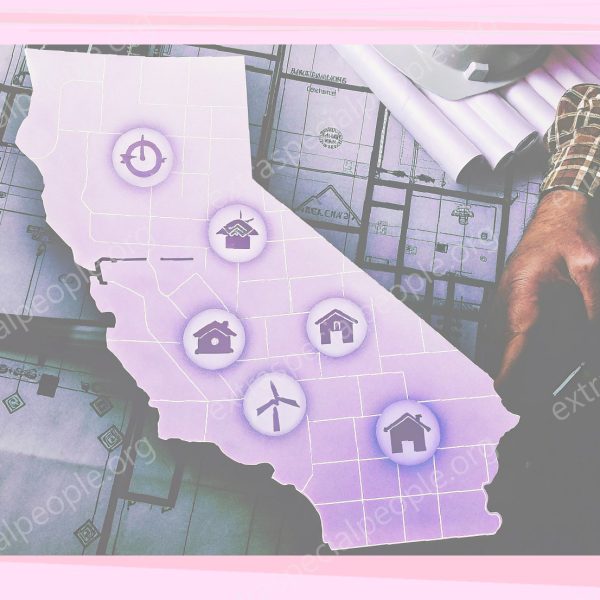Designing a Temporary Work Contract: Essential Features and Sample Templates
Guide to Temporary Work Agreements So, what is a temporary work agreement? In simple terms, it is an agreement between an employer and employee that defines the work conditions, rights and obligations for a fixed period of time. Above all, a temporary work agreement needs to be transparent and unambiguous, setting out the specific terms […]
Read More



